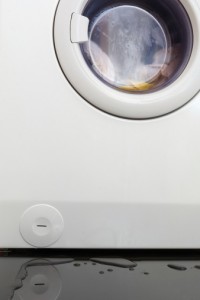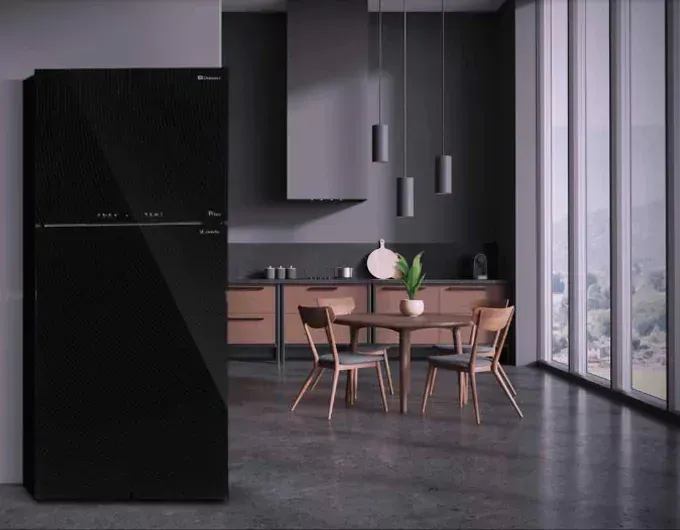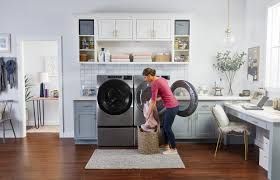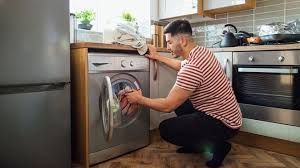Do You Have Leaky Appliances?
Fix leaky appliances and conserve water with help from Authorized Appliance Repair.
 This spring has seen California entering our 4 th
year of drought. With snowpack at a record low and no relief in sight, the state has already adopted many measures to help conserve water and ensure we have enough for vital needs like drinking, growing food, fighting fires, and protecting fish and wildlife.
This spring has seen California entering our 4 th
year of drought. With snowpack at a record low and no relief in sight, the state has already adopted many measures to help conserve water and ensure we have enough for vital needs like drinking, growing food, fighting fires, and protecting fish and wildlife.
For example, earlier this month Governor Jerry Brown announced the first ever state-wide mandatory water reductions. These reductions are designed to cut our water usage by 2 percent, saving about 1.5 million acre-feet of water. Specific measures include:
- Replacing 50 million square feet of thirsty lawns with drought-tolerant landscaping
- Creating a consumer rebate program to encourage the purchase of new water-conserving appliances
- Requiring school and business campuses, golf courses, cemeteries, and other properties to adjust their irrigation practices to significantly reduce water use
- Requiring new developments to irrigate with non-potable water or else use water-saving drip irrigation
- Banning watering of ornamental grass in street medians
- Adjusting water utility rates to reflect “conservation pricing”
- Requiring agricultural users to report more usage information to the state
Appliances and Water Conservation
It is telling that the water reduction mandates include a provision for updating home appliances. While plumbing (especially toilets) is the top contributor to home water use, appliances do have an impact on your water use. Updating from old, water-guzzling appliances to new, high-efficiency ones can definitely make an impact on your water use. For example:
- Some older dishwasher models can use up to 13 gallons of water per cycle. New, water-conserving models use as little as 4 gallons.
- The average washing machine uses roughly 40 gallons per load. A new high-efficiency washer uses between 20 and 32 gallons depending on the make and model.
The EPA estimates that if every household in the country used water-efficiency appliances, we could cut our national water consumption by over 3 trillion gallons per year.
Not Ready to Upgrade? Be Vigilant for Leaks
Of course, rebates or not, you may not be ready or able to invest in new water-conserving appliances. If this is the case, you can still do your part to help conserve water by making sure that your appliances (and your plumbing) are not leaking. Even a small, steady drip can waste a lot of water over time. Be sure to be alert for puddles under your dishwasher or refrigerator (if it has an icemaker or water dispenser). You will also want to inspect your washing machine hoses regularly to make sure they don’t spring a leak. If you have old rubber hoses on your washing machine, call us and we’ll come replace them with new, highly leak-resistant stainless steel braided hoses.
Remember, at the first sign of an appliance leak call the pros at Authorized Appliance Repair for fast appliance repair service.




